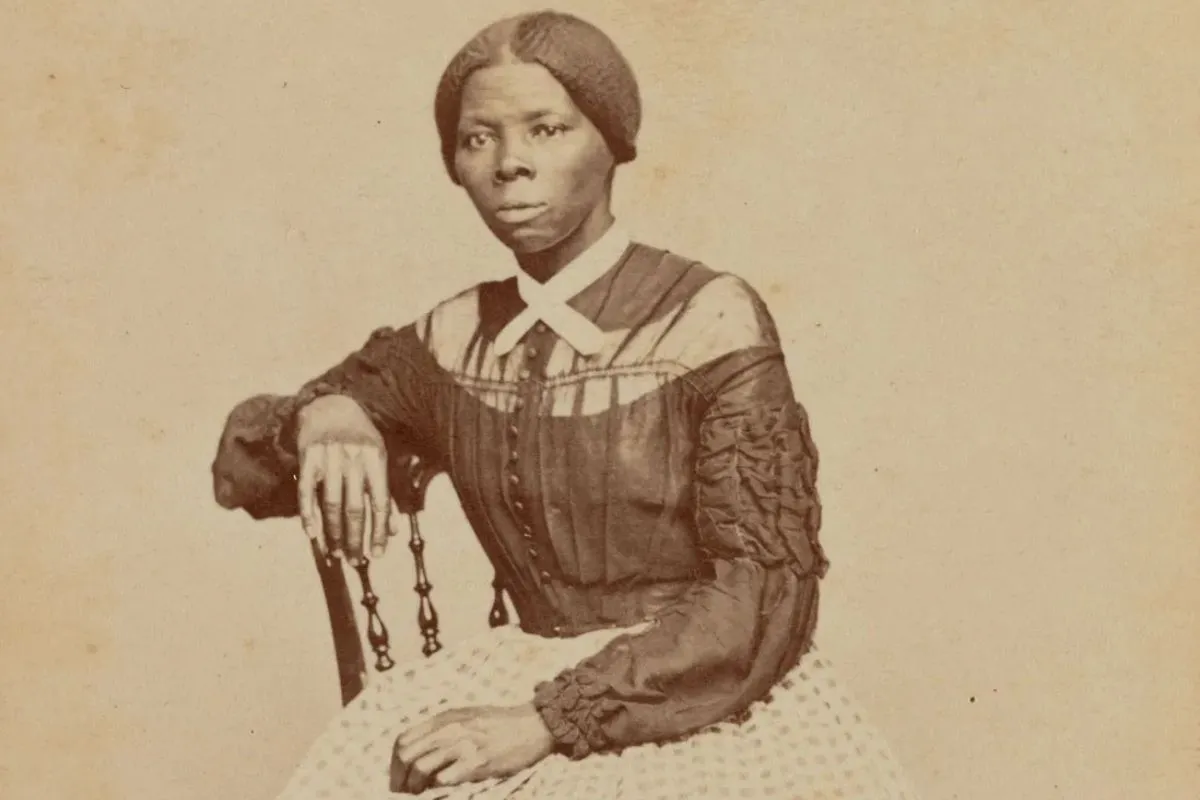Since the overturning of Roe v. Wade tore away reproductive rights nationwide, white women (regardless of political leaning) have been doing the most online, at the expense of people of color, from claims like “this is the first time the Supreme Court has taken away rights and not extended them” to suggesting that abortion clinics be set up on reservations, to shamelessly telling Black women online they should lead the fight for reproductive rights because (and I’m paraphrasing here) we’ve “been fighting for longer and are better equipped to fight.”
As if all of this weren’t bad enough, an echoing trend on TikTok specifically has been, quite frankly, disgusting. Two songs have been going around as pro-choice empowerment anthems played over videos frustrated by SCOTUS’ rollback of reproductive and civil rights. They signal that the uploader and women will be defiant and stay strong. One of them is a small clip of the song “Keep Your Head Up” from Tupac Shakur‘s 1993 album Strictly 4 My N.*.g.g.a.z.
Dedicated to 15-year-old Latasha Harlins (whose killing, alongside the acquittal in the beating of Rodney King, sparked the 1992 L.A. riots), the song is an ode to Black woman. You don’t need the music video dedication to know it’s about Black women, only to look at the name of the album and the opening lyrics of the song.
Little somethin’ for my godson Elijah and a little girl named Corin
Some say the blacker the berry, the sweeter the juice
I say the darker the flesh then the deeper the roots
I give a holler to my sisters on welfare
Tupac cares, if don’t nobody else care
I’ll be the first to admit that I’m a person who prefers to fawn over sound and melody rather than context and lyrics. However, if you’re going to do something in public such as reference a song for an intentional political reason, or “just” create art (yes, video art) with it, every element of the song matters. At least look at the lyrics and who made it.
Yes, they went there, too
As if that weren’t bad enough, it gets worse. The other major song appropriated by those rightfully devastated by the decision of SCOTUS is “Stand Up” as performed by Cynthia Erivo for the Harriet movie. Erivo’s (who is British) anti-Black American behavior and how bad that movie was aside, what reality-bending substance do you need to be on to think it is okay to use a song about a Black activist and abolitionist leading her people to freedom from slavery in your video about abortion.
The song (and movie) echo Harriet Tubman’s bravery in coming back for her people and bringing them to freedom. The last lines of the song, which repeat four times (“I go to prepare a place for you”), are believed to be Tubman’s last words in 1913. TikTok sounds don’t often keep the whole song, but these are the lyrics present in the viral sound:
And I’ll fight with the strength that I got until I dieSo I’m gonna stand up
Take my people with me
Together we are going
To a brand new home
Far across the river
Can you hear freedom calling?
Calling me to answer
Gonna keep on keepin’ o
First of all, there’s a complicated and horrible history of forced impregnation by slave owners that is not even on the same plane of existence as non-enslaved women. This is on top of the issue that the women most affected by abortion bans will be poor Black and brown women. Our communities’ kids will disproportionately fill the prisons and put the 13th Amendment’s slavery loophole “except as a punishment for a crime” to its full potential.
This isn’t solidarity
From the moment I saw this happening to the Harriet song, from a few days back to now, the top and most viral videos using the sound are (mostly) women sharing what they were wearing when they were sexually harassed. They’re citing the 97% statistic that came from a United Nations Women U.K. report that said only 3% of 18–24-year-olds said they hadn’t been sexually harassed in person or online.
The problem isn’t that they’re songs by Black artists. (Even though the urge to reach for a Strong Black Woman and/or seeing Black music as equivalent with struggle is a massive red flag.) Beyonce’s Run the World is a good option. Let the record state that “Flawless” is not, considering Chimamanda Ngozi Adichie (whose dialogue is heavily cited) is a TERF.
This act of people finding connections between art and music made by Black creators and their own oppression is not always bad. In fact, it can be an exercise to show shared struggles, but when you only engage with this when you’re hurt or for clout, that’s the problem. Also, more often than not, it manifests into other issues. Not only is the cultural context stripped, as in the examples above, but the videos of those with lighter skin tones and features that appeal more to Eurocentric beauty standards are more likely to be shared and appreciated.
While some people have taken down videos and tried to educate themselves, others have deleted comments, blocked comments, sold merch, and doubled double with more microaggressions. A handful of these are the same people with “BLM” in their bio, and it’s honestly beyond parody. The people that get upset that I and others point this out will continue to call people divisive and aggressive. Unless you’re willing to address white supremacy (which includes transphobia, homophobia, classism, and ableism, too), true solidarity will never happen.
(via @the80smillennial87/@bigmillennialenergy and @mia.shaniece on TikTok, featured image: Library of Congress)
—The Mary Sue has a strict comment policy that forbids, but is not limited to, personal insults toward anyone, hate speech, and trolling.—









Published: Jul 7, 2022 02:50 pm